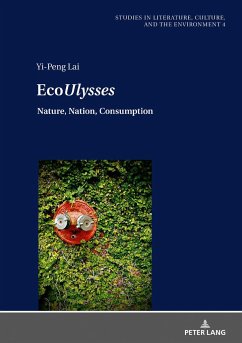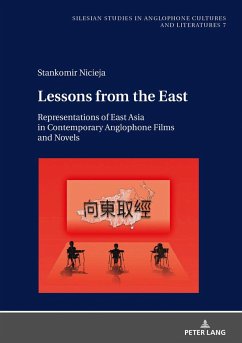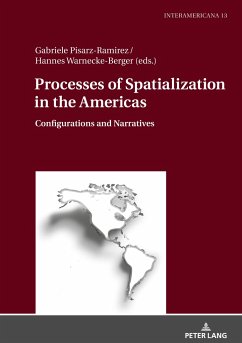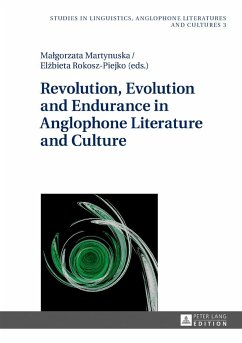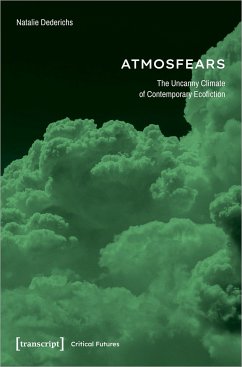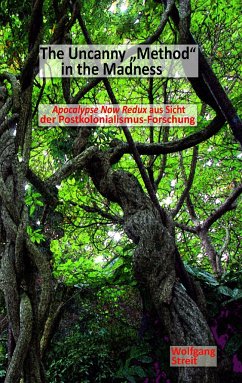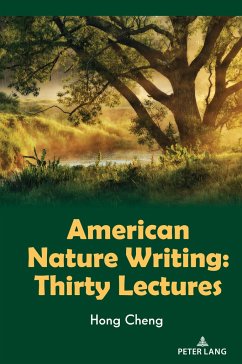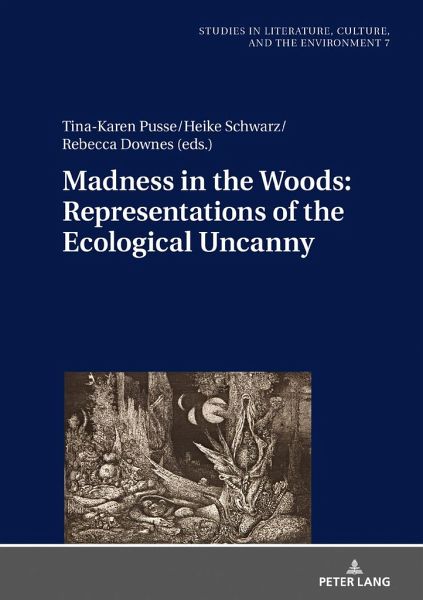
Madness in the Woods: Representations of the Ecological Uncanny
Versandkostenfrei!
Versandfertig in 6-10 Tagen
72,55 €
inkl. MwSt.

PAYBACK Punkte
0 °P sammeln!
Since storytelling began, narratives of getting lost in the woods or of choosing to live in the heterotopian space of the woods have remained popular and are, at the time of writing, experiencing a new revival. The theory of ecopsychology supplies a productive paradigm for understanding mental well-being in a cultural landscape suffused with reimaginings of nature as 'unspoiled wilderness'. The eco-psychopathologies presented in the essays in this volume range in origin from medieval literature to contemporary films and online games. The classic romantic or gothic trope of getting lost in the ...
Since storytelling began, narratives of getting lost in the woods or of choosing to live in the heterotopian space of the woods have remained popular and are, at the time of writing, experiencing a new revival. The theory of ecopsychology supplies a productive paradigm for understanding mental well-being in a cultural landscape suffused with reimaginings of nature as 'unspoiled wilderness'. The eco-psychopathologies presented in the essays in this volume range in origin from medieval literature to contemporary films and online games. The classic romantic or gothic trope of getting lost in the forest, but also its recreational function (forest-bathing) reflect mental states humans develop when they step into the culturally constructed entity of the woodland. These ecocritical analyses present different facets of such encounters.





